Conserving what we value
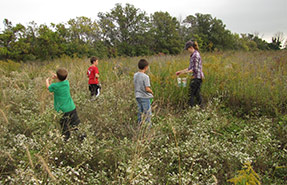
Children from Pelee Island Public School help collect seeds for restoration projects. (Photo by NCC)
It was my time to finally get my message across. About a 15 years ago, the Nature Conservancy of Canada (NCC) was beginning to purchase properties on Pelee Island, in Ontario. The community, however, was uncertain of conservation —...
10 highlights that show progress and should give us hope for the coming decade
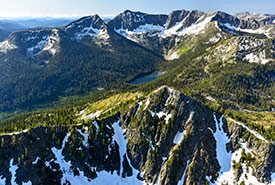
Next Creek watershed (Photo by Steve Ogle)
At the dawn of 2010, the world seemed ready for change. There was increasing awareness about nature and the environment, and voices calling for action on climate and nature conservation were growing louder. A transition to true sustainable...
Canada’s other rainforest
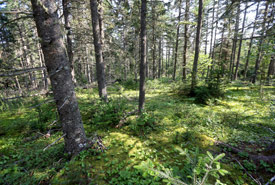
Wabanaki (Acadian) forest, Chignecto Isthmus, NS (Photo by Mike Dembeck)
The word “rainforest” evokes vivid images of a rich natural world. Many people think of the lush, misty jungles of the Amazon or Congo with thick vegetation. If you live in Canada, you might think about BC’s temperate...
Common ground conservation
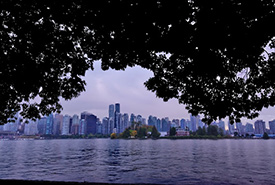
Downtown Vancouver (Photo by Adam Hunter/NCC staff)
We’re currently running one of the world’s biggest experiments. You’re part of it, and I’m part of it. For the first time in the history of modern humans, we’ve attempted to detach ourselves, and our children, from...
What do we save? How science and planning are evolving to help make critical conservation decisions
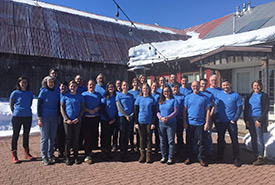
Participants of the Open Standards workshop led by the Conservation Coaches Network (Photo by NCC)
In a world that is rapidly losing wildlife and habitats, conservation has become a science of decision-making. We know there are many places and species in Canada that will not survive unless we take action to protect and restore them. Deciding...
International Day of Biological Diversity: A thank you note to Algonquin Park
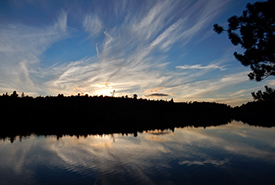
Joe Lake, Algonquin Provincial Park (Photo by Brett Hodnett/Wikimedia Commons)
Three. That’s how many Nature Conservancy of Canada (NCC) supporters recently (within the span of a week) shared with me that their current passion for nature and support for our work at NCC was sparked by spending time in Algonquin Park...
Think globally, conserve locally
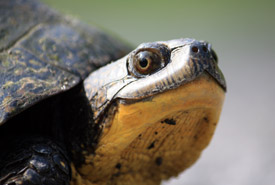
Blanding's turtle (Photo by Gabrielle Fortin)
At the beginning of May, representatives of 132 governments around the world released a United Nations report that issues a stark warning: the accelerating deterioration of nature is jeopardizing humanity’s collective future. The report is...
We can recover Canada’s wildlife: Five examples of species NCC is helping save
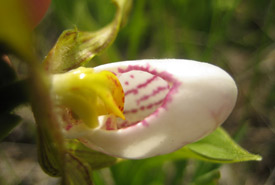
Small white lady's-slipper (Photo by Melissa Grantham)
These are tough times for many wildlife species and their habitats. Over three-quarters of Earth’s terrestrial ecosystems (excluding Antarctica) have been directly modified by human activities1 , and most of our shrinking global wilderness...
World Water Day: Why a burning river should give you hope
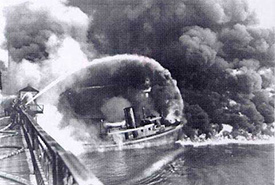
Cuyahoga River fire in June 1969 (Photo by USEPA Environmental-Protection-Agency)
There’s a picture of water I think about a lot. It’s not a loon on a misty lake. It’s not the classic Canadian image showing the back of a favourite paddling mate in the bow of a canoe. It’s a picture of a burning...
What ash trees and bumble bees are telling us
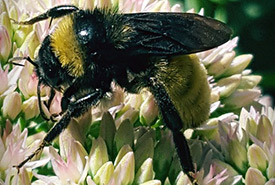
American bumble bee (Photo by K.S. Gardener/iNaturalist)
Black ash and American bumble bee are not species I thought we would ever need to save. When I started my studies in conservation over 25 years ago, bumble bees still seemed commonplace, and I thought of ash as a common tree that was great for...

